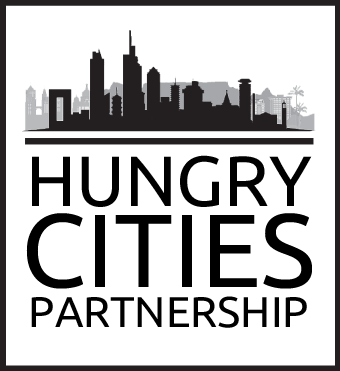Document Type
Other Report
Publication Date
2016
Department
Balsillie School of International Affairs
Abstract
The nadir of Zimbabwe’s political and economic crisis in 2008 coincided with the implementation of a baseline household food security survey in Harare by AFSUN. This survey found that households in lowincome urban areas in Zimbabwe’s capital were far worse off in terms of all the food insecurity and poverty indicators than households in the other 10 Southern African cities surveyed by AFSUN. The central question addressed in this report is whether food security in Zimbabwe’s urban centres has improved. AFSUN conducted a follow-up survey in 2012 that allows for direct longitudinal comparisons of continuity and change. The status of household food security in low-income neighbourhoods in Harare was improved in 2012 relative to 2008, and yet persistently high rates of severe food insecurity demonstrate that the daily need to access adequate food continued to be a major challenge. The key lesson for policymakers is that even in the context of overall economic improvement, food insecurity remains endemic among the poorest segments of the urban population. Households are already accustomed to drawing on resources outside of the formal economy and improvements in employment income have not reversed that trend. These alternative livelihood strategies should therefore be considered as a normal part of urban life and supported with state resources that can improve access to food for the most marginalized groups.
Recommended Citation
Tawodzera, G., Riley, L., & Crush, J. (2016). The Return of Food: Poverty and Urban Food Security in Zimbabwe after the Crisis (rep., pp. i-38). Kingston, ON and Cape Town: African Food Security Urban Network. Urban Food Security Series No. 22.
Included in
Food Studies Commons, Human Geography Commons, Politics and Social Change Commons, Urban Studies and Planning Commons



Comments
This report was originally published by the African Food Security Urban Network as part of its Urban Food Security Series.